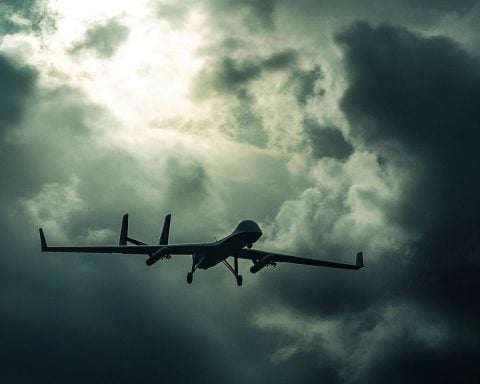Japan is often perceived as a nation without a military force, but this is both true and not quite the full story. Following World War II, Japan adopted a pacifist constitution, which has greatly influenced its military posture. Article 9 of the Japanese Constitution, enacted in 1947, renounces war and prohibits Japan from maintaining traditional military forces for warfare. This article has led to widespread public belief that Japan does not have an army in the conventional sense.
However, Japan does have a military force known as the Japan Self-Defense Forces (JSDF). Established in 1954, the JSDF includes the Ground Self-Defense Force, the Maritime Self-Defense Force, and the Air Self-Defense Force. While limited by constitutional constraints, these forces are equipped to provide defense against attacks and to ensure the country’s security. They have significantly evolved over the years to address various threats, such as natural disasters and regional tensions, primarily in response to potential conflicts in East Asia.
The existence of the JSDF and its role have been topics of domestic and international debate. Proponents argue for expanding the capabilities of the JSDF in response to regional security challenges, while others caution against straying from Japan’s pacifist principles. The complexity of Japan’s defense policies highlights the delicate balance the nation maintains between its constitutional commitments and pragmatic security needs. Japan’s Self-Defense Forces remain a critical yet misunderstood aspect of its national identity.
Does Japan Really Lack an Army? Unveiling the Truth Behind the Perception
Japan’s security landscape is intricately connected to its pacifist constitution, a product of post-World War II reforms. While Article 9 formally renounces war, Japan nevertheless boasts a formidable military entity: the Japan Self-Defense Forces (JSDF). The JSDF, though constitutionally restricted, performs essential functions not only in national defense but also in humanitarian efforts globally.
The JSDF’s evolution is worth noting. Despite its constrained mandate, it ranks among the most advanced military contingents in Asia, largely in response to increasing regional security challenges. Its modernization is spearheaded by cutting-edge technologies and strategic alliances, underscoring its multifaceted role. This has spurred discussion domestically and internationally on whether Japan might need to revise its pacifist stance.
One particularly fascinating element is the role of the JSDF in soft power. These forces have participated in international peacekeeping missions and disaster relief operations, enhancing Japan’s global standing and building trust. For instance, their rapid response during natural calamities is a testament to their operational capabilities, earning them respect across regions.
A question arises: Does Japan’s pacifist constitution inhibit or empower its role on the global stage? Advocates of constitutional amendment argue that a more explicit defense framework is necessary to counter evolving threats, while opponents fear it could lead to military overreach and tension within East Asia.
Ultimately, Japan’s nuanced defense posture not only affects its citizens but also resonates across international borders, shaping Japan’s identity and strategic orientation. For more insights into Japan’s strategic policies, you can visit Japan Ministry of Defense or explore related discussions on Japan Times.























